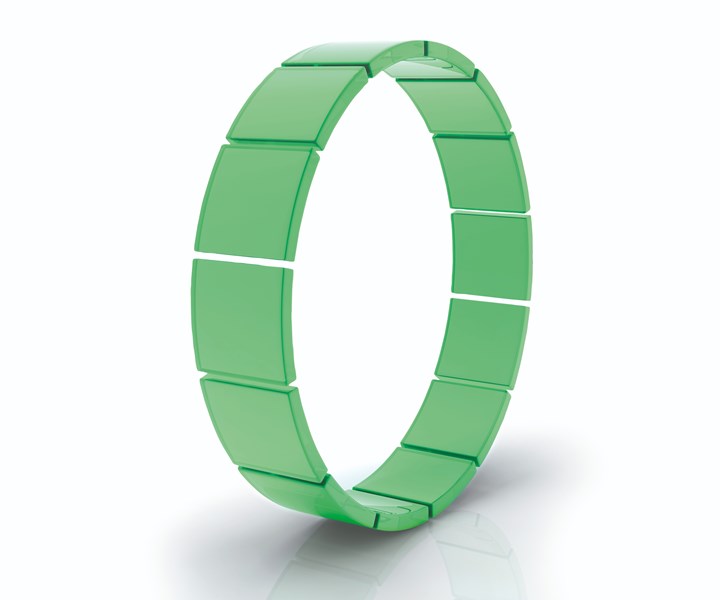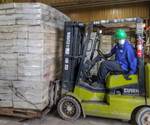Ineos Styrolution Details Life Cycle Assessment Analysis for Depolymerized Styrene
Results reportedly show greenhouse gas (GHG) savings of up to 50% for depolymerized styrene compared to fossil based styrene

Ineos says that the making of styrene from post-consumer polystyrene waste shows a 37% lower CO2 footprint compared to fossil-based styrene.
Ineos Styrolution announced first results of a life cycle assessment (LCA) analysis for depolymerize styrene, according to the ISO 14040 and ISO 14044 standards.
The company says that two independent research projects resulted in a consistent picture for the carbon footprint of recycled polystyrene.
- The first, a laboratory scale project shows GHG savings of 37%
The making of styrene from post-consumer polystyrene waste reportedly shows a 37% lower CO2 footprint compared to fossil-based styrene. Additional CO2 reduction is possible by adapting the energy mix.
The LCA analysis was done in the framework of the ResolVe project, a research project funded by the German Federal Ministry for Education, in collaboration with InVerTec, a non-profit organization associated with the University of Bayreuth. InVerTec is specialized in providing pilot plants for conceptual and lab-scale research.
- Upscaling and optimization of by-products allow for GHG savings up to 50%
A detailed study completed by Ineos Styrolution, a commercial recycling partner, and experts from the University of Manchester evaluated the GHG on commercial scale within a scope including polystyrene post-consumer waste collection/ sorting, pre-treatment and extrusion/ depolymerization/ distillation.
The results of the analysis show a 50% lower carbon footprint than that of traditional virgin (fossil-based) styrene monomer production.
Ineos provided these other updates:
- Proof of concept for depolymerization on lab scale.
- Effective depolymerization of polystyrene is tolerant to contamination by other polymers (an earlier result of the ResolVe project).
- Polystyrene “proven to be one of the best sortable plastics” in the waste stream.
- Plans for first depolymerisation plants in Europe and in the Americas.
Related Content
-
Recycled Material Prices Show Stability Heading into 2023
After summer's steep drop, most prices leveled off in the second half.
-
Purpose-Built System Enhances Capacity and Flexibility for Recycler
A Boston recycler invested in a turnkey shredding, granulation and elutriation system to expand its plastics reclaim business.
-
Inside the Florida Recycler Taking on NPE’s 100% Scrap Reuse Goal
Hundreds of tons of demonstration products will be created this week. Commercial Plastics Recycling is striving to recycle ALL of it.









